Black’s Law Dictionary 2nd Edition, page 104:
An advocate, counsel, official agent employed in preparing, managing, and trying cases in the courts. An officer in a court of justice, who is em ployed by a party in a cause to manage the same for him.
In English law. An attorney at law was a public officer belonging to the superior courts of common law at Westminster, who conducted legal proceedings on behalf of others, called his clients, by whom he was retained; he answered to the solicitor in the courts of chancery, and the proctor of the admiralty, ecclesiastical, probate, and.divorce courts. An attorney was almost invariably also a solicitor. It is now provided by the judicature act, 1873, § 87, that solicitors, attorneys, or proctors of, or by law empowered to practice in, any court the jurisdiction of which is by that act transferred to the high court of justice or the court of appeal, shall be called “solicitors of the supreme court.” Wharton.
The term is in use in America, and in most of the states includes “barrister,” “counsellor,” and “solicitor,” in the sense in which those terms are used in England. In some states, as well as in the United States supreme court, “attorney” and “counsellor” are distinguishable, the former term being applied to the younger members of the bar, and to those who carry on the practice and formal parts of the suit, while “counsellor” is the adviser, or special counsel retained to try the cause. In some jurisdictions one must have been an attorney for a given time before he can be admitted to practise as a counsellor. Rap.& L.
Black’s Law Dictionary 3rd Edition, page 167:
An advocate, counsel, official agent employed in preparing, managing, and trying cases in the courts. An officer in a court of justice, who is em ployed by a party in a cause to manage the same for him.
In English law. A public officer belonging to the superior courts of common law at Westminster, who conducted legal proceedings on behalf of others, called his clients, by whom he was retained; he answered to the solicitor in the courts of chancery, and the proctor of the admiralty, ecclesiastical, probate, and.divorce courts. An attorney was almost invariably also a solicitor. It is now provided by the judicature act, 1873, § 87, that solicitors, attorneys, or proctors of, or by law empowered to practice in, any court the jurisdiction of which is by that act transferred to the high court of justice or the court of appeal, shall be called “solicitors of the supreme court.” Wharton.
The term “attorney at law,” as used in the United States, usually includes “barrister,” “counsellor,” and “solicitor,” in the sense in which those terms are used in England. In some states, as well as in the United States supreme court, “attorney” and “counsellor” are distinguishable, the former term being applied to the younger members of the bar, and to those who carry on the practice and formal parts of the suit, while “counsellor” is the adviser, or special counsel retained to try the cause. Rap.& L.



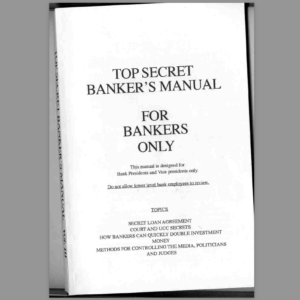
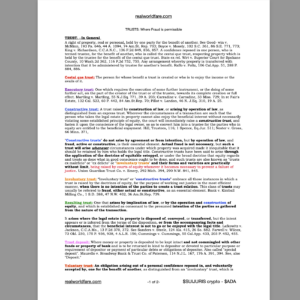
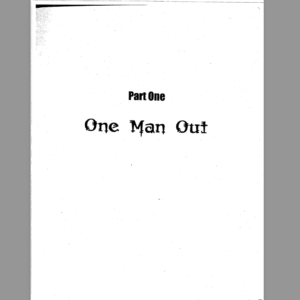
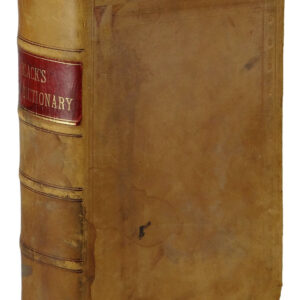

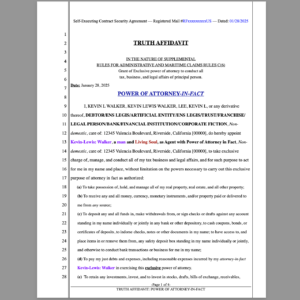



Recent Comments